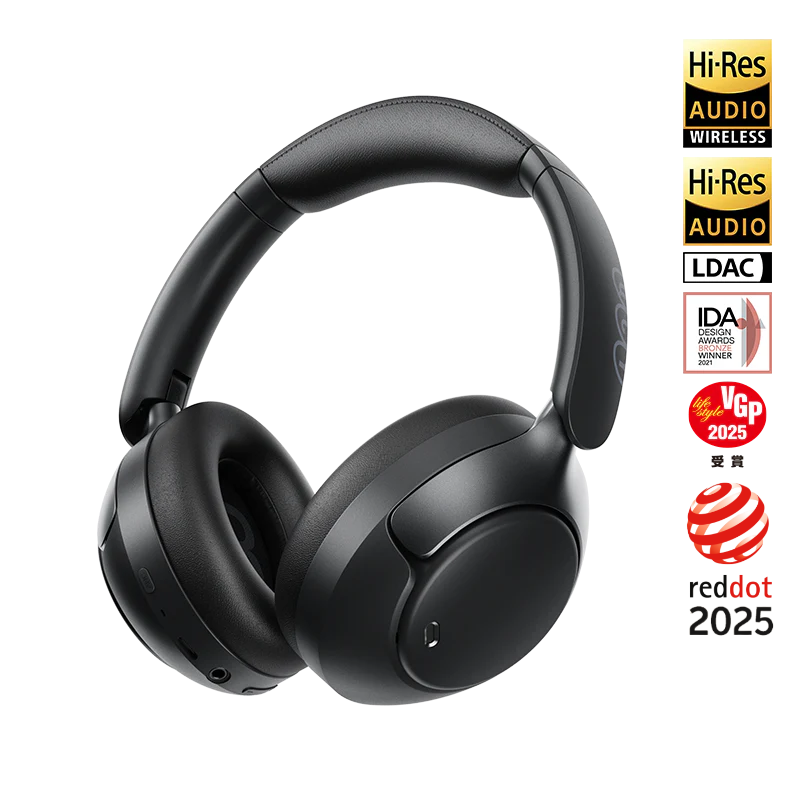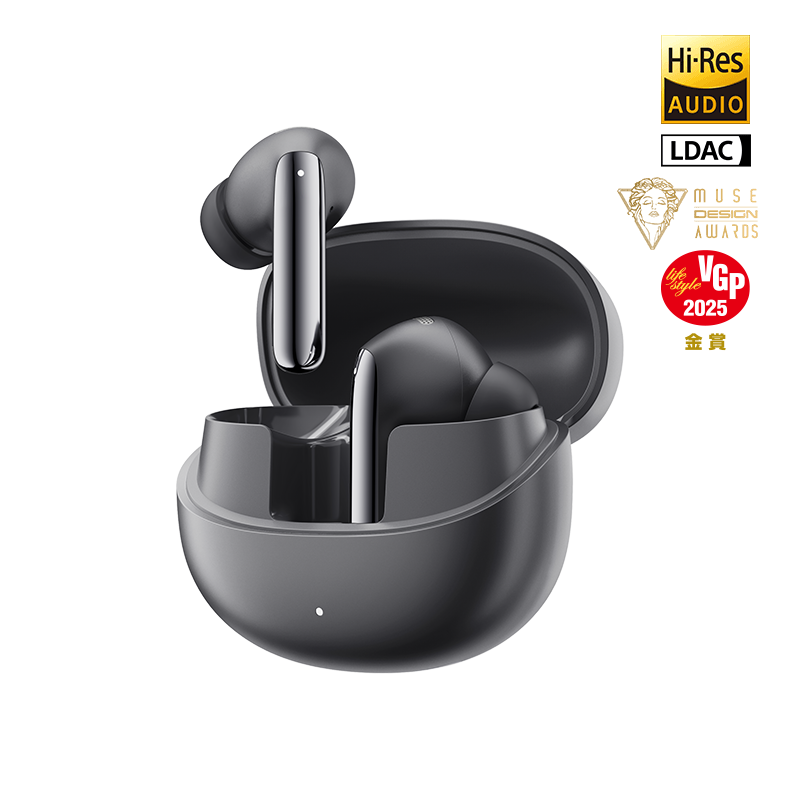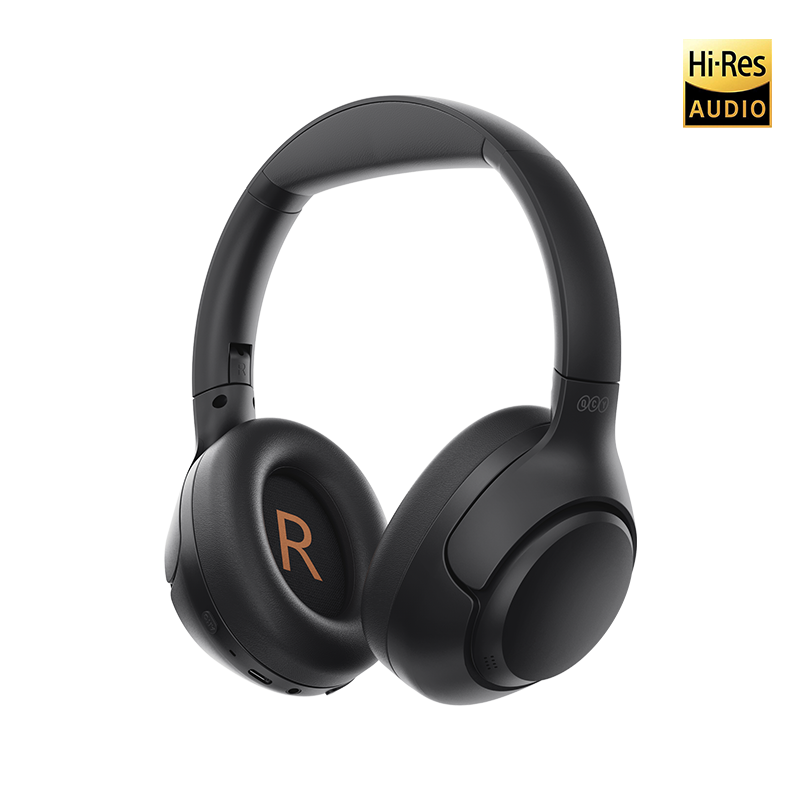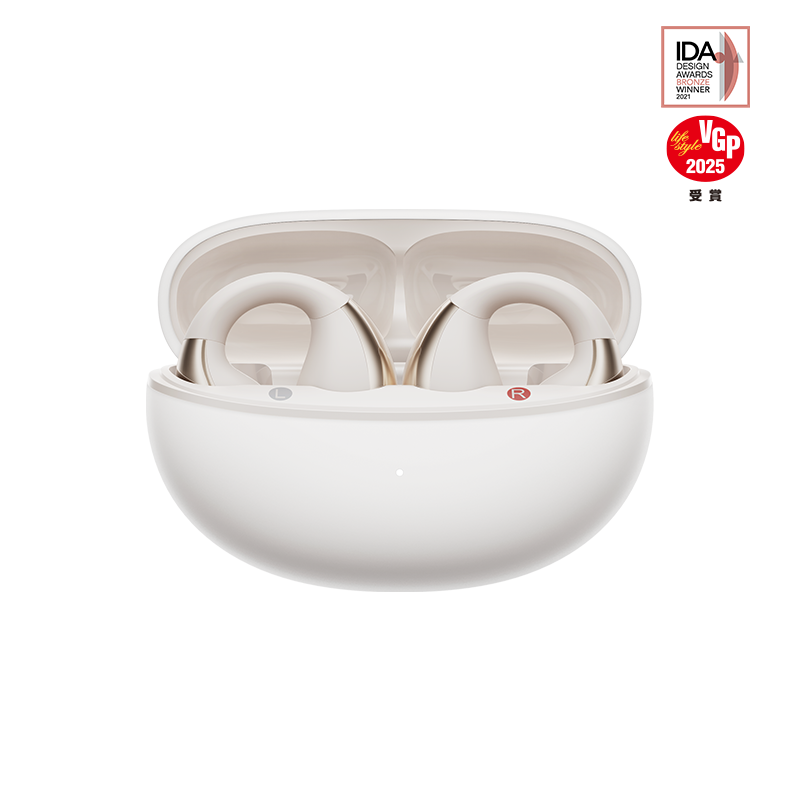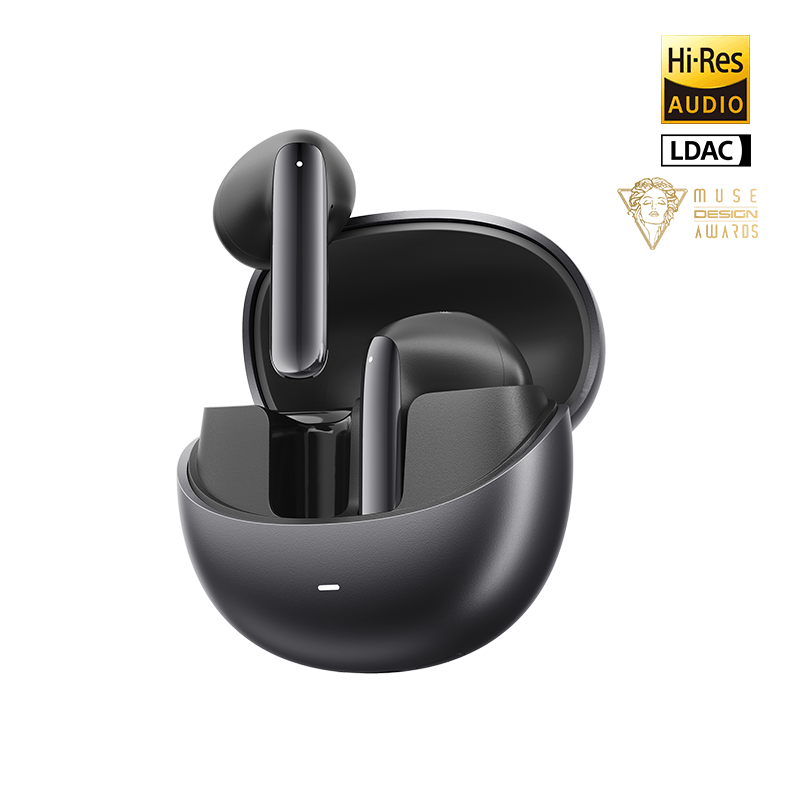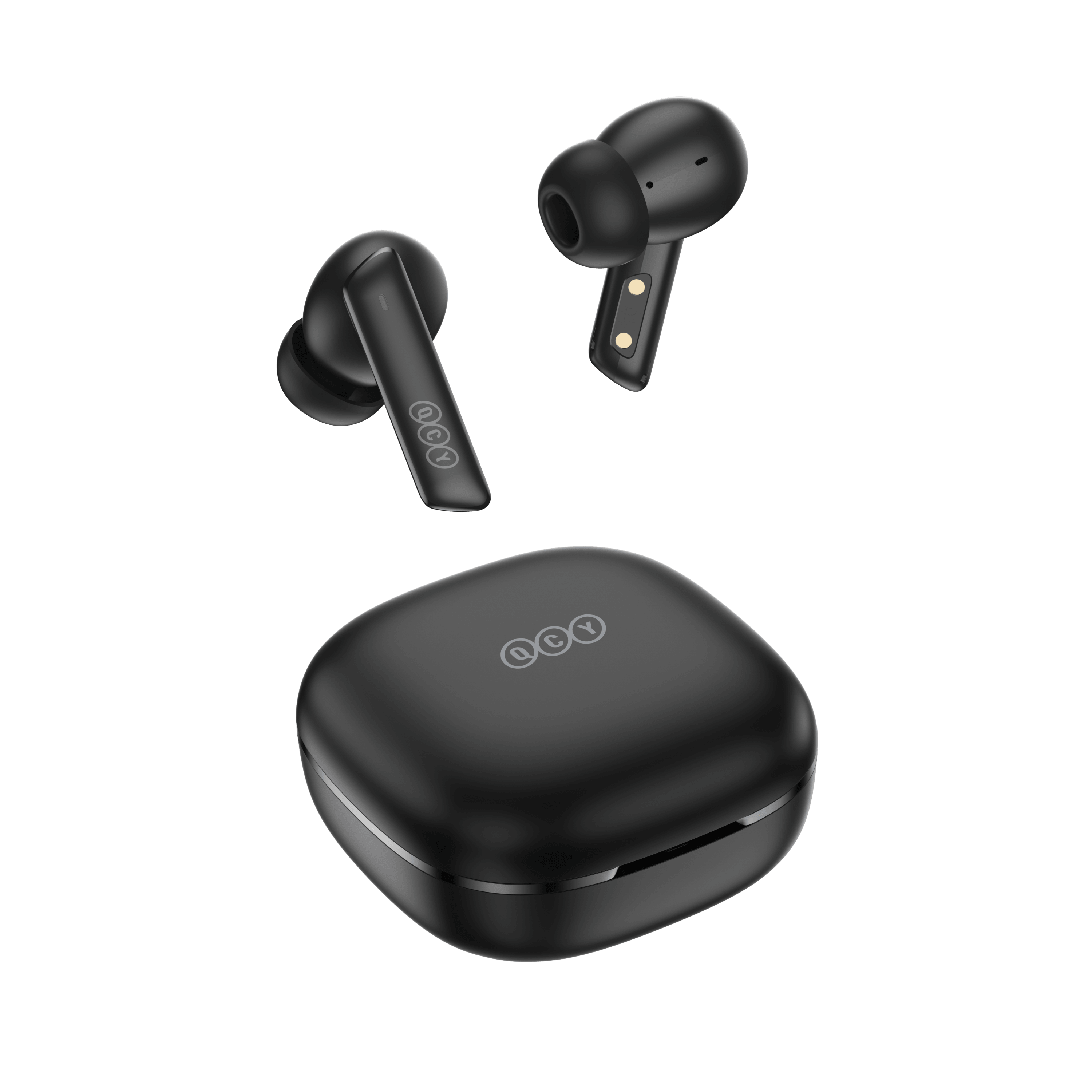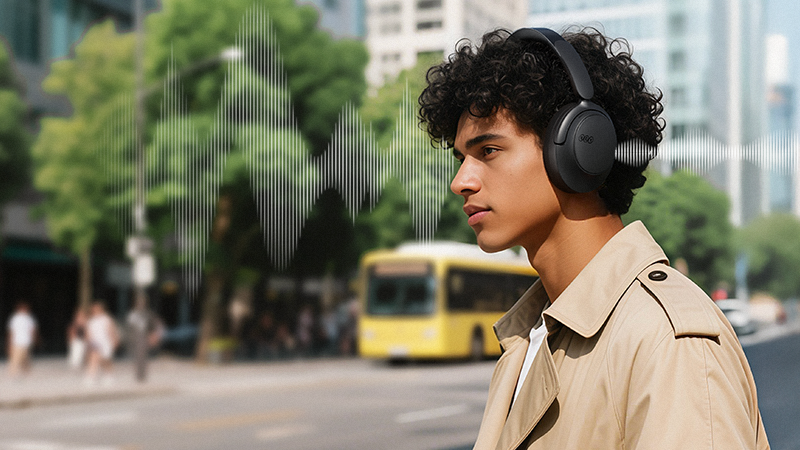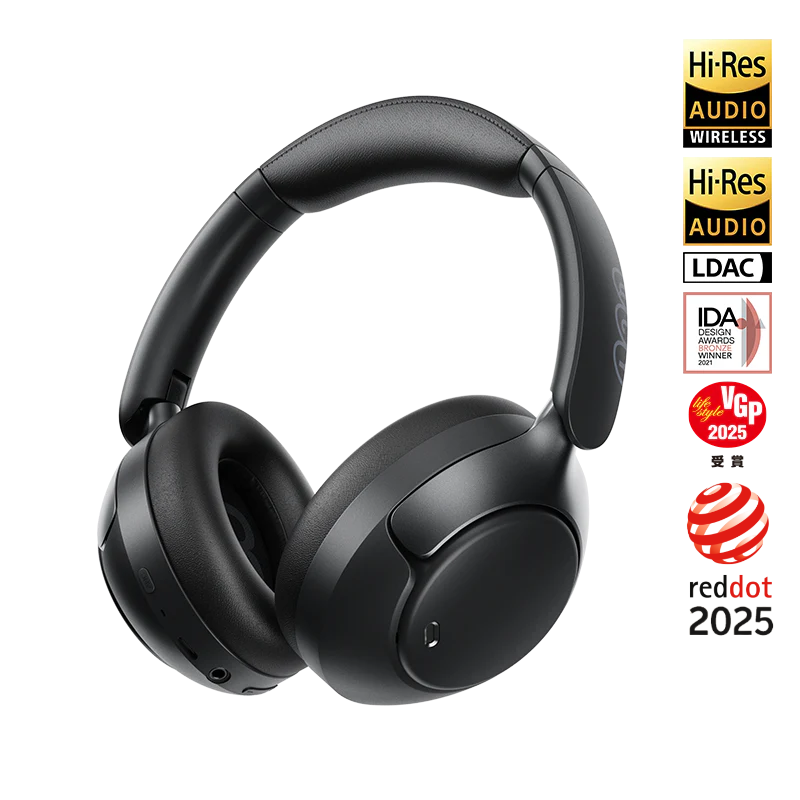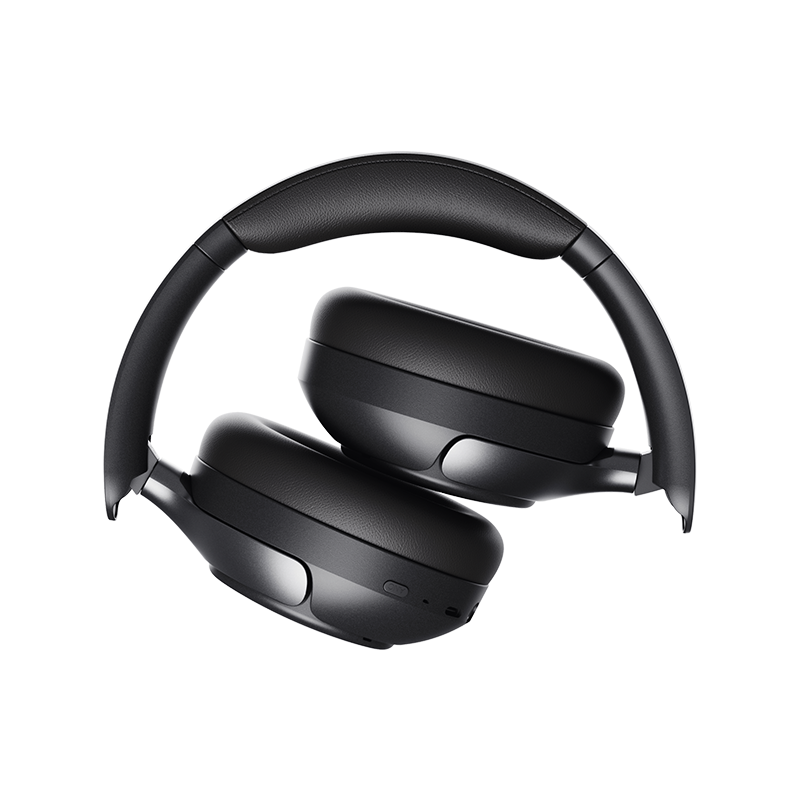
Fones de ouvido sem fio se tornaram essenciais em nossas vidas diárias, oferecendo conveniência e liberdade dos fios emaranhados. No entanto, persistem preocupações sobre sua segurança—particularmente em relação à exposição à radiação e à saúde auditiva. Vamos explorar o que as pesquisas atuais e especialistas em saúde dizem sobre essas preocupações.
Risco de Radiação: Você Deve se Preocupar?
Fones de ouvido sem fio, incluindo modelos populares como AirPods, utilizam tecnologia Bluetooth que emite campos eletromagnéticos (CEMs) não ionizantes. De acordo com o Instituto Nacional do Câncer, não há ligação definitiva entre o uso de dispositivos Bluetooth e câncer. Dispositivos Bluetooth emitem significativamente menos radiação do que celulares comuns, e a radiação não ionizante não tem energia para remover elétrons, tornando-a menos prejudicial em comparação com a radiação ionizante, que pode danificar tecidos e DNA .
A Agência Internacional para Pesquisa sobre o Câncer (IARC) classifica os CEMs não ionizantes como "possivelmente carcinogênicos", uma categoria que inclui substâncias como o extrato de aloe vera. Esta classificação indica evidências limitadas e não confirma uma ligação direta com o câncer .
Saúde Auditiva: A Verdadeira Preocupação
Embora os riscos da radiação sejam mínimos, o potencial de dano auditivo é uma questão mais urgente. Ouvir música em volumes altos através de fones de ouvido pode danificar as células ciliadas no ouvido interno, levando à perda auditiva permanente. A Organização Mundial da Saúde observa que níveis inseguros de ruído começam em 85 decibéis (dB), e a exposição prolongada pode ser prejudicial.
O Dr. Zac Turner recomenda a "regra 60/60": ouvir em no máximo 60% do volume máximo por não mais que 60 minutos por vez. Essa prática ajuda a mitigar o risco de perda auditiva induzida por ruído.
Além disso, fones de ouvido com cancelamento de ruído podem reduzir a necessidade de aumentar o volume em ambientes barulhentos, mas também podem mascarar sons ambientes importantes, potencialmente levando a problemas de segurança em certas situações.
Fones de Ouvido QCY: Uma Escolha Inteligente para Audição Segura
Para quem busca um equilíbrio entre conveniência e segurança, a QCY oferece uma linha de fones de ouvido sem fio que priorizam a saúde do usuário. Modelos como o QCY H3 ANC Bluetooth Headphones e o QCY H3 Pro oferecem cancelamento ativo de ruído, permitindo que os usuários aproveitem a música em volumes mais baixos ao minimizar o ruído de fundo. Esse recurso apoia práticas de audição mais seguras ao reduzir a necessidade de aumentar o volume em ambientes barulhentos.
Os fones de ouvido QCY são projetados com conforto e saúde do usuário em mente, oferecendo recursos que seguem as diretrizes recomendadas de audição. Sua acessibilidade e qualidade os tornam uma excelente escolha para consumidores preocupados com a saúde.
Veredito final
Evidências científicas atuais sugerem que fones de ouvido sem fio são seguros em relação à exposição à radiação. A principal preocupação de saúde está no possível dano auditivo devido a níveis altos de volume e uso prolongado. Ao seguir práticas seguras de audição e escolher fones de ouvido projetados com considerações de saúde — como os oferecidos pela QCY — os usuários podem aproveitar os benefícios do áudio sem fio sem comprometer seu bem-estar.
Referências:
- "Fones de ouvido Bluetooth sem fio são seguros para o seu cérebro?" Health.com
- "Radiação de fones Bluetooth vs com fio: você deve se preocupar?" Headphonesty
- "Seus fones de ouvido ou earbuds representam um risco à saúde?" SoundGuys
- "O Dr. Zac Turner revela se os AirPods realmente podem causar câncer." News.com.au
- "Fones de ouvido com cancelamento de ruído são prejudiciais à sua saúde?" New York Post











